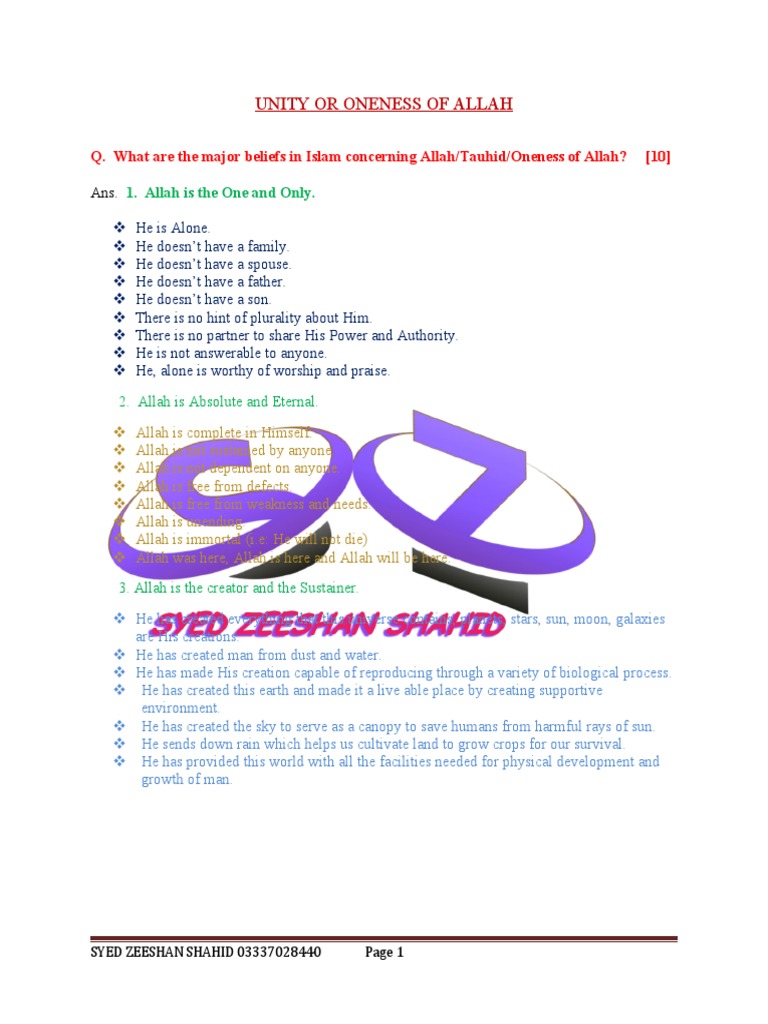In an age marked by profound division and discord, the concept of unity assumes critical importance. Unity is not merely a lofty ideal; rather, it serves as an essential tenet within the Baha’i Faith. This article seeks to elucidate the concept of real unity from a Baha’i perspective, encompassing its implications, its challenges, and its potential for transforming society.
The Baha’i teachings emphasize that unity transcends mere physical or social connection. It embodies a spiritual essence, fostering a sense of belonging to a global family. This conception of oneness reflects an understanding that humanity constitutes a single entity, interconnected and interdependent. Hence, the onus is on each individual to recognize their role within this intricate tapestry of existence.
Real unity encompasses several dimensions. Firstly, it is essential to distinguish between superficial harmony and substantive unity. Superficial harmony can often be mistaken for unity; however, it typically manifests as compliance to avoid conflict rather than genuine understanding or acceptance. True unity, in contrast, demands an active engagement with diverse perspectives and a willingness to embrace differences as integral to the human experience. This deeper understanding promotes a culture of empathy, where dialogue supplants discord.
Furthermore, Baha’i teachings assert that the pursuit of unity necessitates the eradication of prejudice in all forms. Prejudice—whether based on race, religion, gender, or nationality—acts as a formidable barrier to the realization of oneness. For instance, the teachings highlight that humanity’s inherent diversity serves not as a point of contention but as an emblem of the Creator’s infinite wisdom. By recognizing and celebrating this diversity, individuals can foster an environment conducive to genuine unity.
Moreover, the Baha’i perspective posits that real unity emerges through collaboration in service to humanity. It is within this framework that collective action gains prominence. Engaging in unified efforts towards shared goals cultivates a sense of belonging and mutual support. Whether through local community service or global initiatives addressing pressing issues such as climate change and social justice, the Baha’i Faith encourages practical expressions of unity that transcend theoretical discussions.
A further layer to the exploration of unity is the significance of individual transformation. The Baha’i teachings advocate for personal development as a precursor to societal change. Acknowledging one’s biases and striving for greater understanding within oneself sets the foundation for fostering harmonious relationships with others. When individuals embody the principles of unity, such as compassion and justice, they inadvertently influence their communities. This ripple effect underscores the interconnectedness espoused by the Baha’i Faith, suggesting that personal and communal transformation is inextricably linked.
In addition, Baha’i teachings articulate the concept of unity in the context of global governance. As humanity’s challenges grow increasingly complex and interwoven, the need for a cohesive, collective response becomes paramount. The Baha’i view promotes the establishment of global institutions that can effectively address these challenges through mechanisms of consultation and cooperation. This vision transcends traditional notions of sovereign states, advocating instead for a holistic approach to governance that embraces the global citizenry. In this paradigm, unity manifests as a guiding principle in the formation of laws and policies that reflect the needs and aspirations of all humanity.
However, while the vision of unity is compelling, it is essential to acknowledge the obstacles that impede its realization. Historical and contemporary conflicts often stem from misunderstandings and entrenched beliefs that stubbornly resist change. The Baha’i teachings underscore the importance of patience and perseverance in overcoming these barriers. To achieve real unity, individuals must engage in the arduous but rewarding process of dialogue and education. This approach allows for the dismantling of preconceived notions and the establishment of a shared foundation rooted in mutual respect.
Moreover, the Baha’i teachings contend that education plays a critical role in fostering unity. Access to education empowers individuals with the critical tools necessary for informed decision-making and encourages the development of critical thinking skills. An educated populace is better equipped to navigate the complexities of diversity and to cultivate empathy towards others. The teachings advocate for equitable access to education for all, irrespective of socioeconomic background, thus underpinning the belief that unity thrives when knowledge is universally disseminated.
Ultimately, the Baha’i perspective presents a compelling vision for real unity, one that permeates personal, interpersonal, and societal dimensions. In recognizing the essence of oneness, individuals are encouraged to embark on the journey of self-improvement while actively contributing to the collective well-being of humanity. This vision transcends religious, cultural, and ideological boundaries, poignantly illustrating the potential for unity in an often fragmented world.
In conclusion, the Baha’i teachings elucidate that real unity is more than an ideal; it is an actionable goal requiring individual commitment and collective effort. By fostering a culture of understanding, eradicating prejudice, pursuing collaboration, and championing education, humanity can work towards achieving the oneness that the Baha’i Faith envisions. The path to unity may be fraught with challenges, but it remains a crucial endeavor worthy of our utmost dedication and effort.
